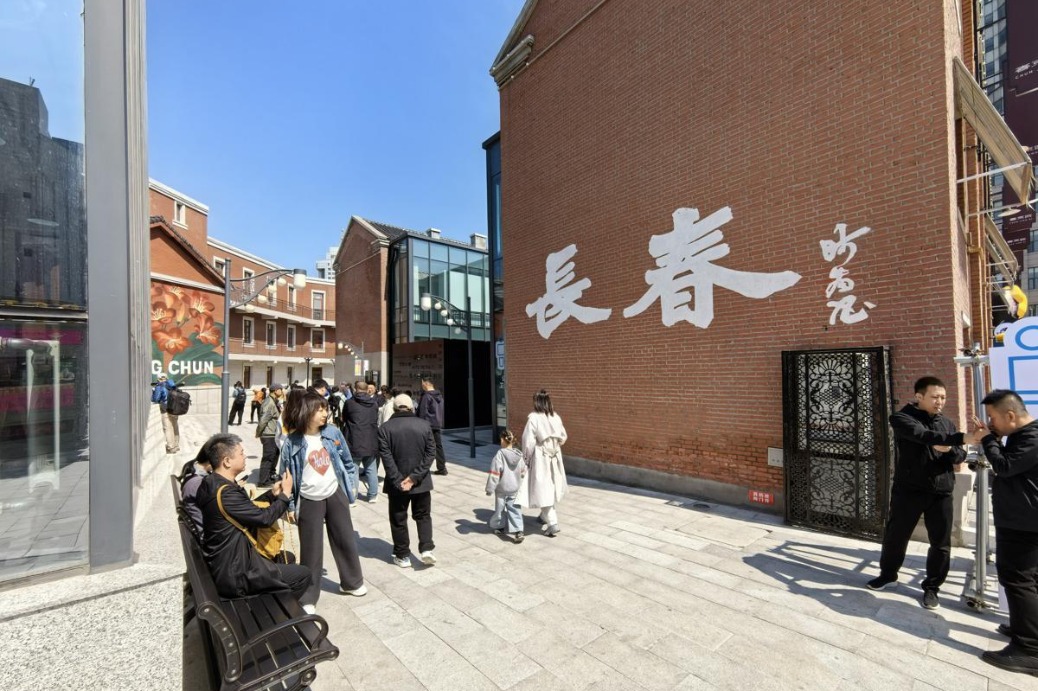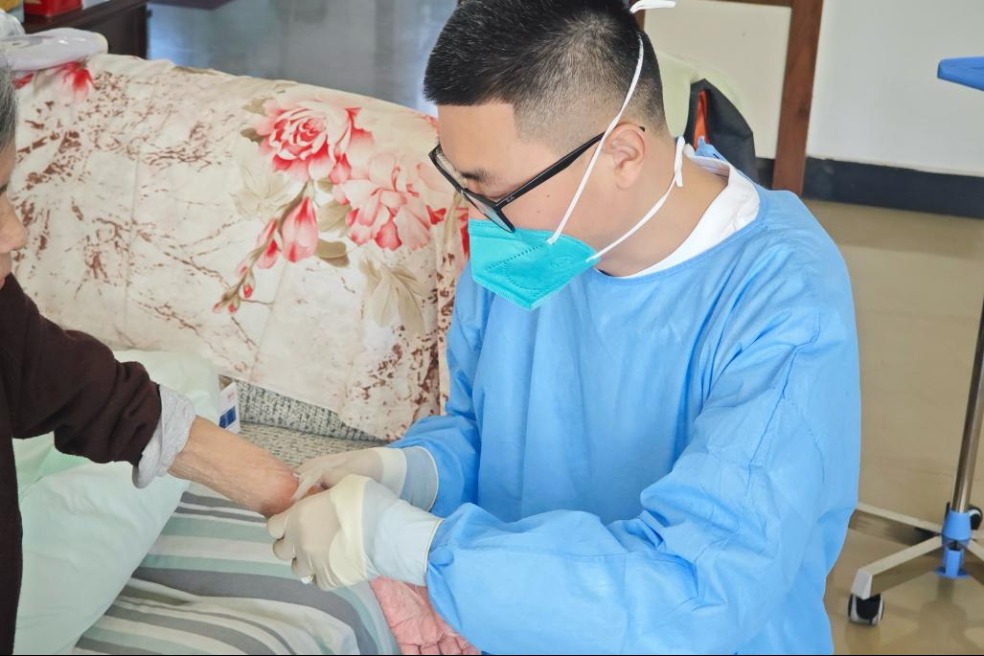Youthful Shenzhen prepares for aging


A senior legislator in Shenzhen, Guangdong province, has suggested that applications for the local hukou, or permanent residency, be fast-tracked if those applying for the residency work in elderly care jobs in the youthful but fast-aging metropolis on the border with the Hong Kong Special Administrative Region.
Local authorities will make fostering such caregivers part of their overall strategy for bolstering the supply of much-needed professionals, said Luo Wenzhi, director of the standing committee of the Shenzhen people's congress.
While speaking at a local legislative session on Feb 7, he proposed a slew of measures that could be applied to entice skilled workers to enter the sector, such as subsidies, free training and a points-based hukou application program targeting non-locals.
"Boosting elderly care services is a long-term, comprehensive, systematic undertaking that could touch on a wide range of sectors and interests," Luo said.
The hukou for wealthy, first-tier cities such as Shenzhen is coveted by out-of-towners because of their links to quality education, healthcare and other public services that are usually reserved for permanent residents.
Luo's remarks reflect a growing appetite for economically vibrant cities with a steady influx of youthful workers to ready themselves decades in advance for their older demographics by revving up the supply of caregivers, nursing beds and relevant services.
Shenzhen had 940,700 permanent residents age 60 and older, accounting for 5.4 percent of the population, according to national census data published in 2021.That makes Shenzhen the youngest large city nationwide.
That is in steep contrast with Nantong, Jiangsu province, which topped the list for China's most aged cities in 2021 with more than 30 percent of residents age 60 or older.
It is also far lower than the national average of 18.9 percent.
However, Shenzhen, a fishing village-turned-metropolis because of China's reform and opening-up in the late 1970s, has resorted to taking a cautious stance, arguing that the first generation of immigrants in the city are aging at an alarming rate and such preparations are essential.
Luo said that Shenzhen, though still a youthful immigrant city, will become an aging society at some point between 2031 and 2035.
Therefore, the city needs to plan beforehand and explore a path for megacities of its kind to age with preparedness, he said.
Shenzhen's move comes as China is working to bridge a shortfall of caregivers, a profession that is often underpaid and assumed by older, less-skilled women.
China had 280 million people age 60 and above by end of last year, according to the National Bureau of Statistics data. The National Health Commission, which oversees elderly care issues, estimated in 2021 that 40 million of this group have some kind of disability or require regular medical care.
Jiao Yahui, director of the commission's medical administration bureau, said the group creates a demand for some 6 million caregivers.
She said the country had around 500,000 such workers in 2021, and the Ministry of Civil Affairs pledged to raise the number to above 2 million by the end of last year.
Such workers underpin China's ambition to care for vast numbers of older residents by mid-century, with some estimates putting the number at about 500 million.
To achieve that, the National Health Commission in 2021 unveiled a strategy to bolster home-based services and enable 90 percent of older people to spend their later years at home.
Nanfang Daily, a newspaper in Guangdong, reported this month that Shenzhen had partnered with five local vocational colleges to open courses to train elderly care professionals.
Luo, the lawmaker, said the local legislature will further improve the mechanism to bestow professional titles on caregivers, which have long been used to determine the expertise of college-educated or systematically trained professionals such as lawyers, accountants and doctors.
Policies will also encourage medical workers to take up sideline jobs at nursing homes, as part of the nationwide drive to integrate healthcare and elderly care facilities, he said.
- Xi, Lula meet press
- Unveiling China's Super Laboratory: How do extreme conditions unlock the ultimate secrets of cosmic matter?
- Shanghai's Rockbund Art Museum offers free admission for visitors
- Xi holds talks with Brazilian president
- Dough sculptor blends tradition with pop culture
- Xi congratulates Australian PM on reelection





































